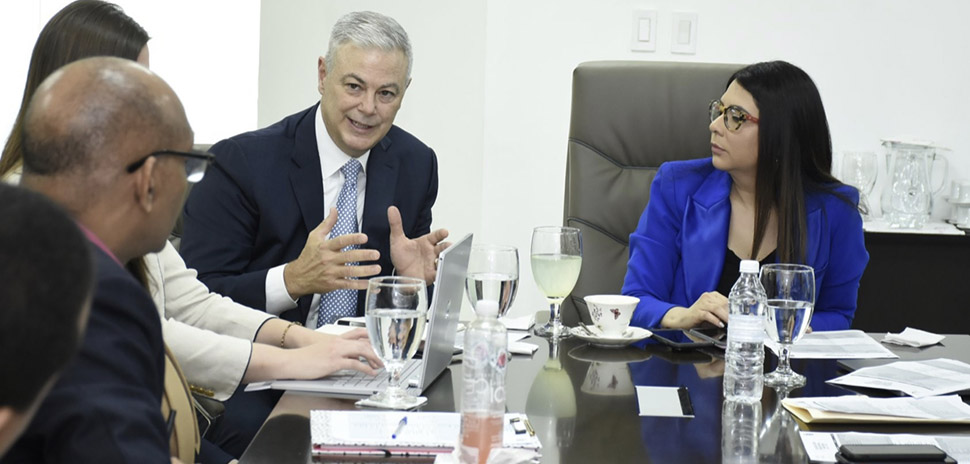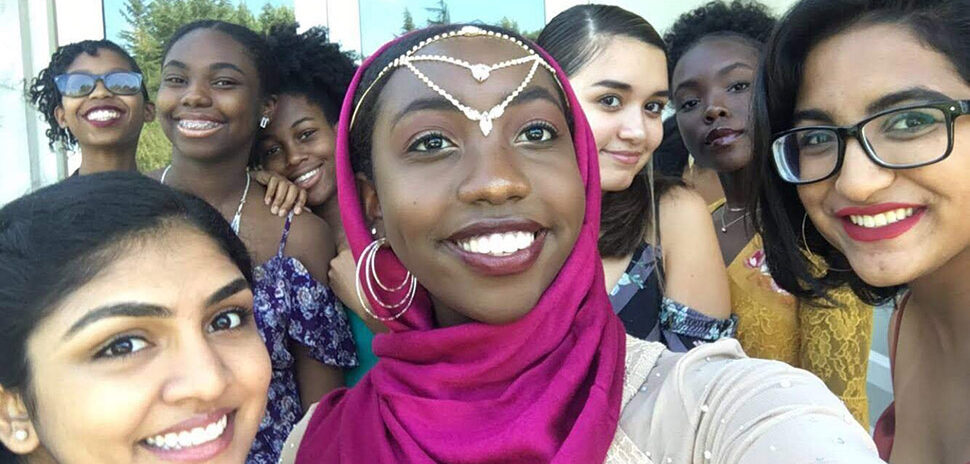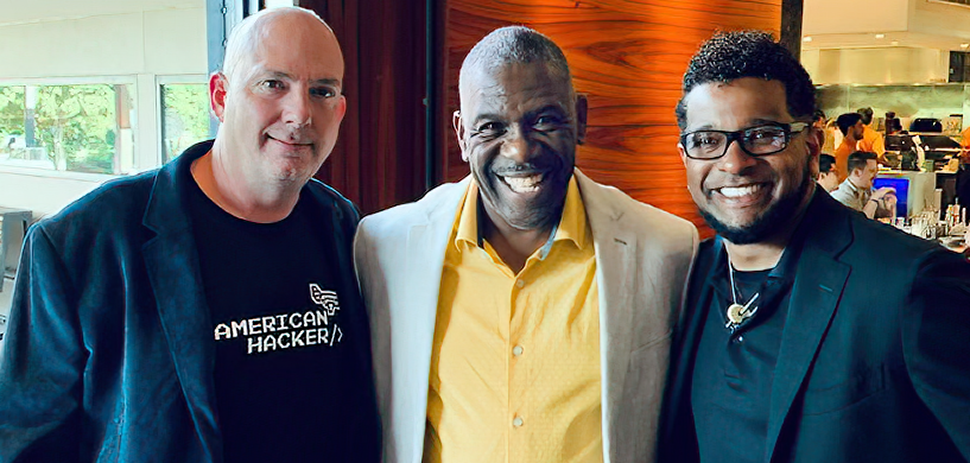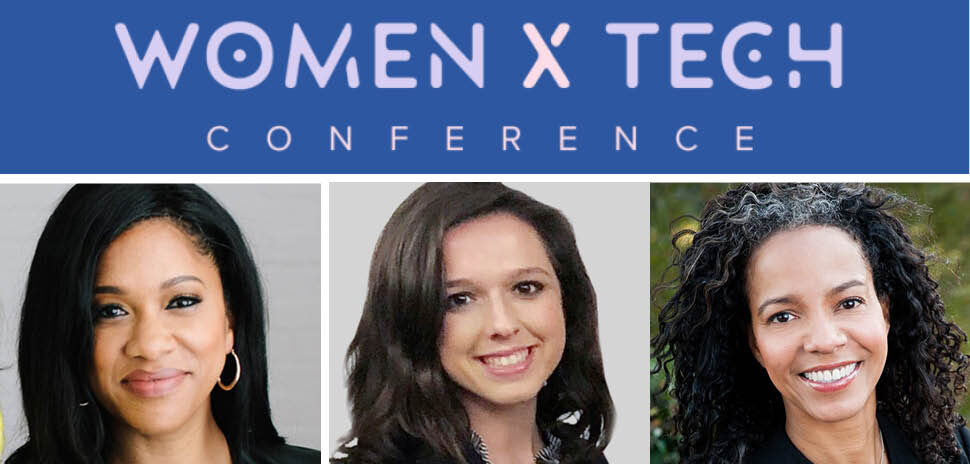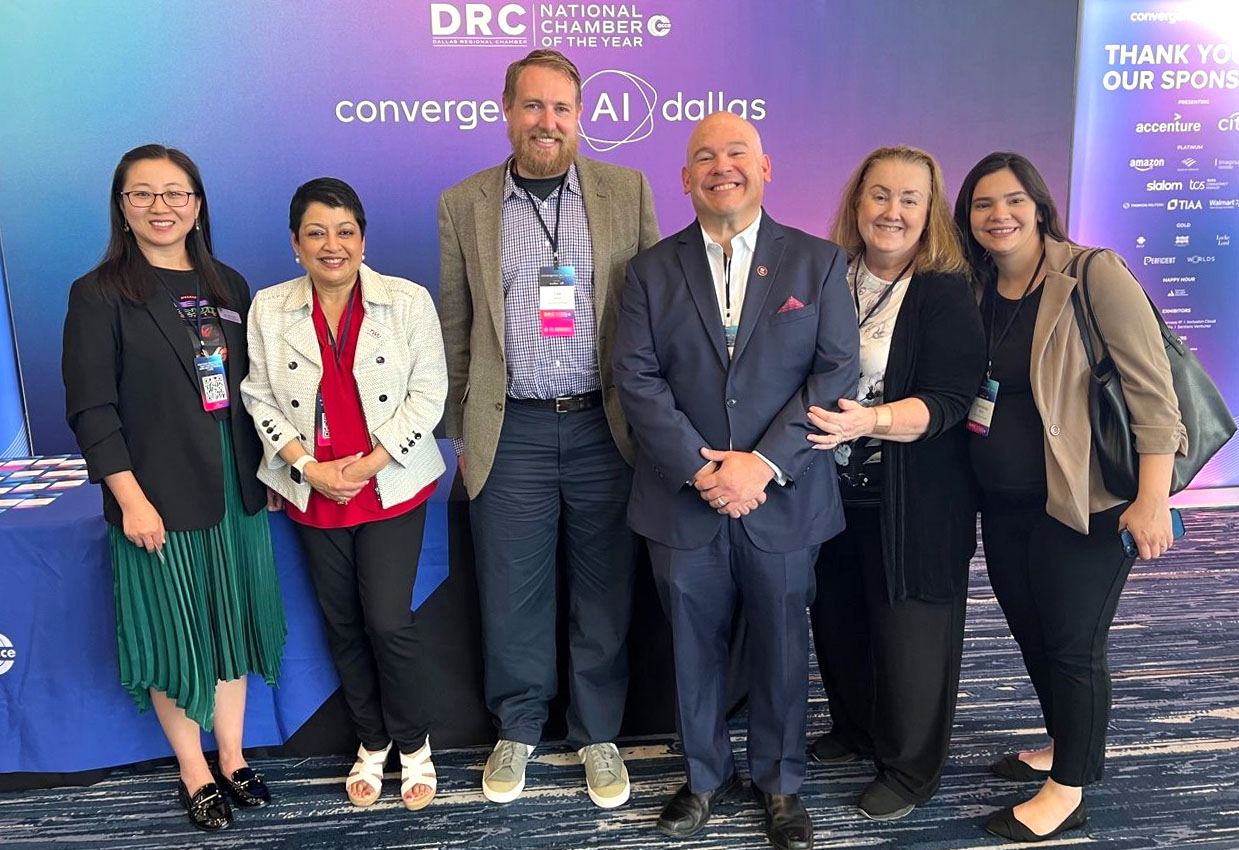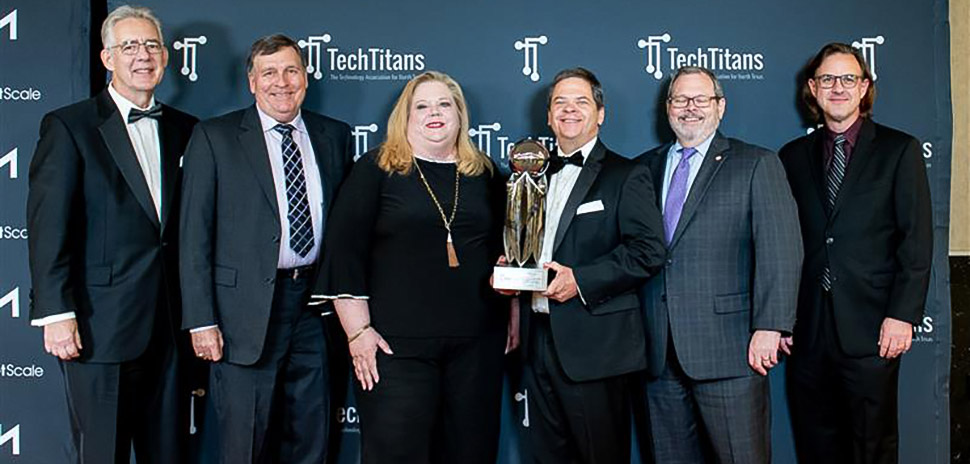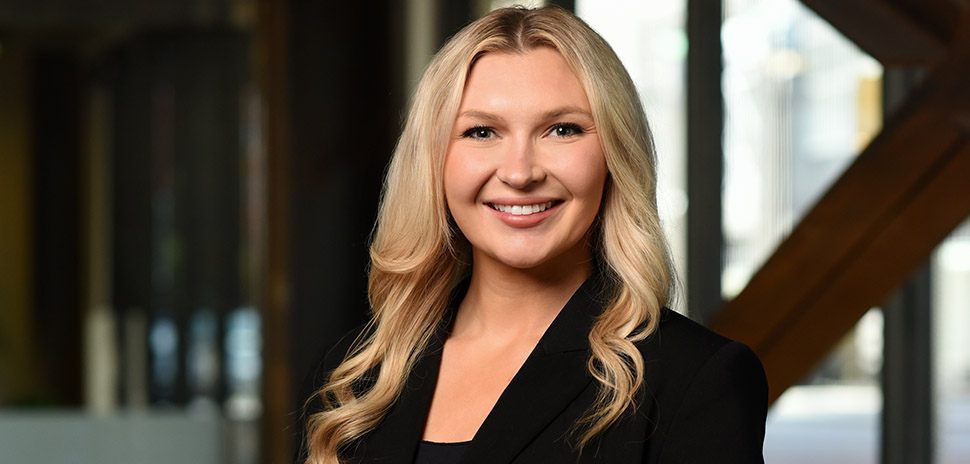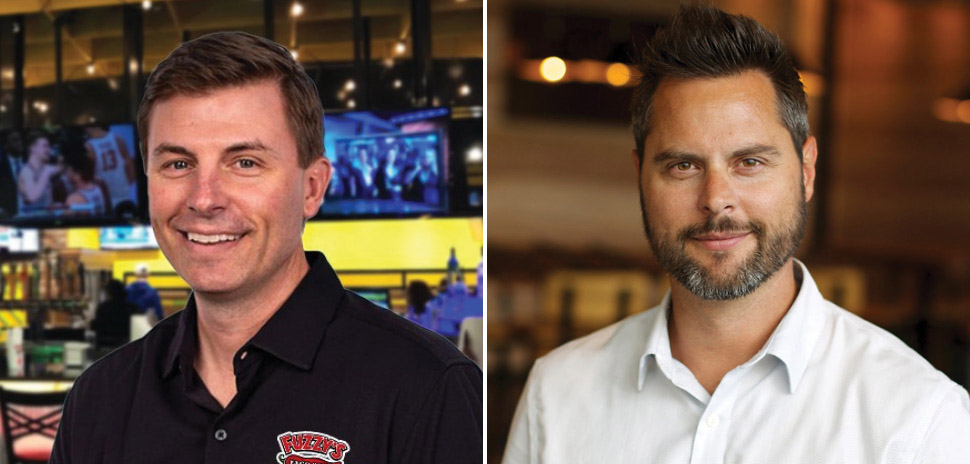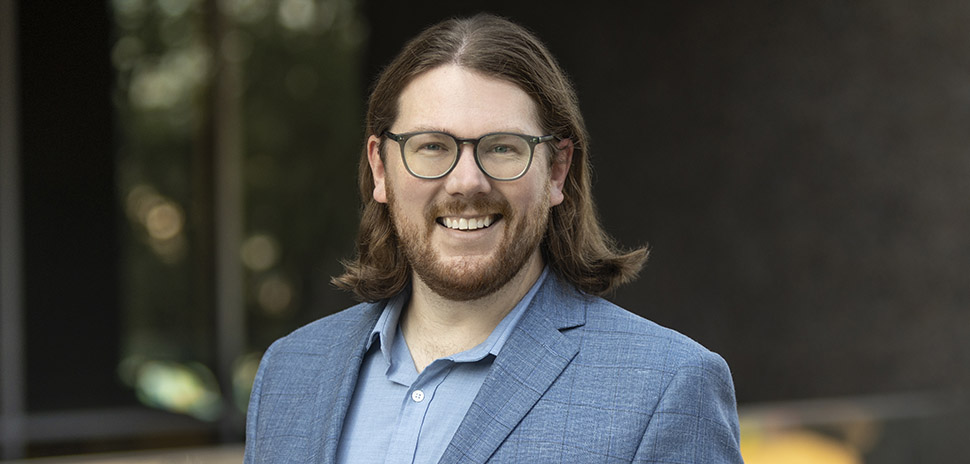Bruce Graham joined Plano-based Tyler Technologies in 2008 as president of the Courts and Justice Division. He stayed with that division for nearly a decade, completing a successful run before taking on the role of chief strategy officer. Graham loved working at Tyler, the billion-dollar software company that specializes in essential technology for the public sector, but his heart was being pulled in another direction.
So in January of this year, Graham decided to make a major career move that he never saw coming.
It was actually through Tyler Technologies that Graham was able to find his newfound passion. In 2015, Tyler started partnering with Plano neighbor Both Ends Believing (BEB), a nonprofit that helps children move from institutions to permanent families in developing countries. BEB hopes to eradicate the challenges around children growing up in institutions around the world by directly connecting with government authorities.
Tyler’s initial project was developing Children First Software (CFS), a first-of-its-kind cloud-based solution that transforms the child welfare system. CFS creates digital profiles—family history, demographics, and health records—of children who are living in institutions and orphanages around the world. With this information readily available, social workers are better able to begin the process of placing a child with a safe home.
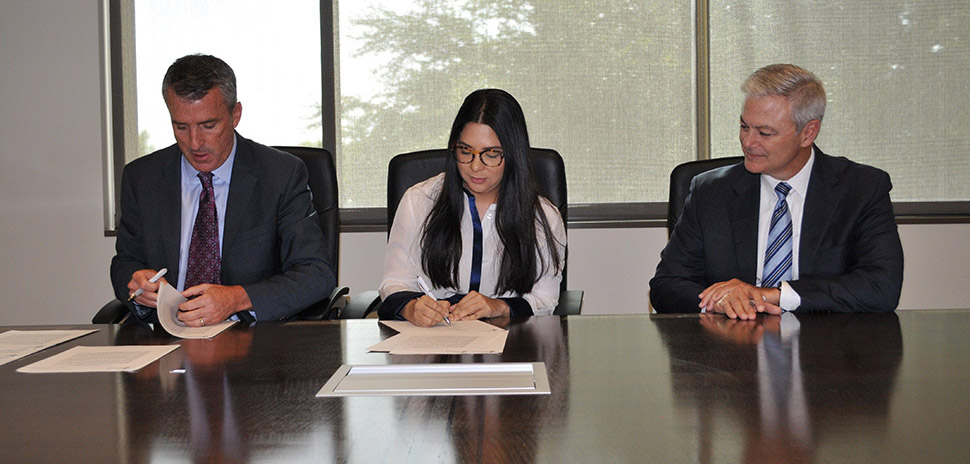
Bruce Graham signed a “Memorandum of Understanding” with CONANI, BEB’s country partner in the Dominican Republic. [Photo: The Point Group]
“There were about 25 countries BEB was working with at the time. Those countries’ number one issue was just that they had no data for their children. There was no system for all of that,” Graham told Dallas Innovates. “So we took it on. It was kind of ‘software on the side’: Our developers had a passion for it and we built a prototype. Within a few months, I presented our solution to the countries, and they loved it.“
Graham was hooked from the beginning. He had a conversation with Tyler’s CEO at the time, John Marr, about an all-in partnership with BEB that would continue into the future. Marr gave the green light, and since then, the team at Tyler has been fine tuning CFS into a permanent solution.
Over the years, Graham became continually more involved. He had previously been on mission trips to orphanages in parts of the developing world and involved with various North Texas organizations.
He was never fully enthralled in the world of nonprofits though.
“I began to realize some nonprofits are more effective,” he says. “When well-run, nonprofits can be a very powerful tool for change.”
Being apart of BEB was a new, enlightening experience—and the rare opportunity to make a lasting difference.
“We began to work with countries like the Dominican Republic and saw that, just like in the states, people get trapped with using terrible information systems. What I learned was that nobody had built a child welfare system for the developing world,” he says. “I saw a chance to make a fundamental and systemic change in these countries. That epiphany was more of a responsibility—I’ve been blessed with a great career and expertise in how to work with government software at Tyler.“
A new journey
So Graham had another chat with a Tyler CEO, this time Lynn Moore, who’s still at the helm and has been since taking over for Marr in 2018.
With Moore’s blessing, this year Graham transitioned into a part-time role as a senior strategy advisor at Tyler to spend more time focusing on his new position as chairman of the board at Both Ends Believing. Now, he’s set out to make a fundamental systematic change in child welfare systems across the globe.
“I couldn’t think of anything I’d want to spend my time on more than this, especially in terms of the impact I could have on these children,” he says. “It was clear to me that the global child welfare system needed a unique software solution—that giving these countries a digital infrastructure would be the key to creating positive and perpetual change for these vulnerable children without families.”
Since taking the professional leap, Graham has dove headfirst into his efforts at BEB. Most importantly, he has been able to serve BEB in the same way he did clients at Tyler Technologies. And Tyler Technologies is able to stay on as an “advisor” that offers senior talent to help BEB with projects such as app design.
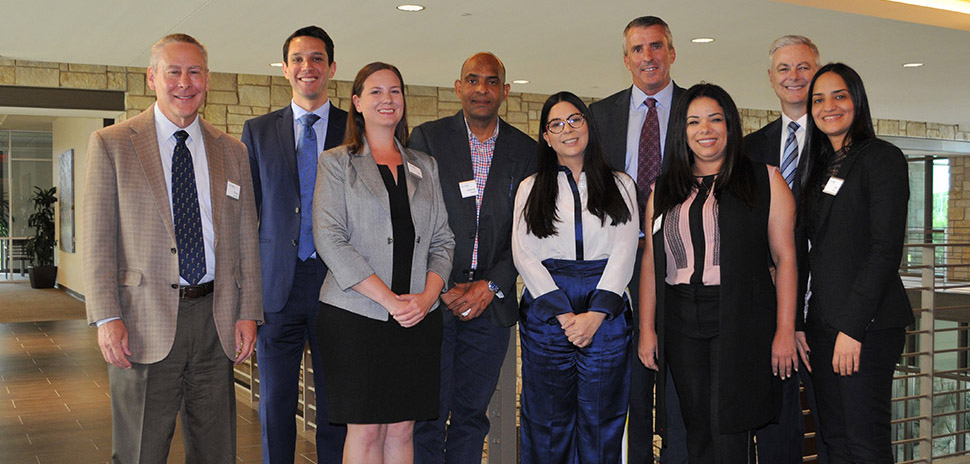
Bruce Graham with the BEB and CONANI team at Tyler Technologies. [Photo: The Point Group]
In his new role, Graham has traveled to different countries to see how the software is making a difference, met with children and families who have benefited from the organization, and signed new countries. He’s helped launch a pilot project in Uganda to help children under the age of three get more quickly placed, leaving them relatively undamaged by the system.
Graham has continually contributed to developing CFS, implementing the software, and training its users. That includes central authorities in the Dominican Republic, Honduras, Uganda, Benin, Haiti, and recently, Guatemala.
“What’s so rare here is that we’re implementing software at a global level but we’re doing it for a very unique problem,” he says. “That’s the heart of why I joined: I didn’t see any other way that I could combine my heart for the problem, my skills, and my experience.“
Some countries are hesitant about CFS because of “where the data goes.” But as an organization, BEB has no role or rights to any of it. Once they realize that, the platform can bring visibility, transparency, and accountability for a child. According to Graham, it reduces the possibility of trafficking and can triple the number of adoptions and placements.
“In Haiti, there’s 40,000 orphans in over 500 homes. Some are private charities, some are public. Everything is done by paper,” Graham says. “There’s no digital attendance, there’s nothing that tracks the children. It is a difficult, bureaucratic process. In these orphanages or institutions, these kids can often feel nameless and lost in the system.”
For 2020, BEB’s goal is to register 20,000 children and expedite the process of finding loving homes for them. In the Dominican Republic, for instance, 100 percent of institutionalized children are enrolled in CFS and nearly 500 have already been placed with families.
“The Dominican Republic says this is a dream come true,” Graham says. “It allows us to get these kids on a path to permanency. Most of these placements are within a child’s home country. They’re not international—almost all are with kinship care or domestic adoptions in each country.”
The COVID-19 pandemic allowed Graham and his team to get more comfortable collaborating with countries over the web. Software implementation has obviously slowed due to travel restrictions, but Graham used the extra time to hire and train additional staff members. When the health outbreak starts to lift, the team will be able to “hit the ground running.”
“Whenever I first started this, my friends were like, ‘Why don’t you try something a little easier?’ People’s reaction is that this is the unsolvable problem,” Graham says. “We can break down the problem and change it fundamentally. We’re going to do it country by country. In the future, that’s going to be the positive of technology. It may take a generation, but we are going to make the future very different than it is today.“
![]()
Get on the list.
Dallas Innovates, every day.
Sign up to keep your eye on what’s new and next in Dallas-Fort Worth, every day.










